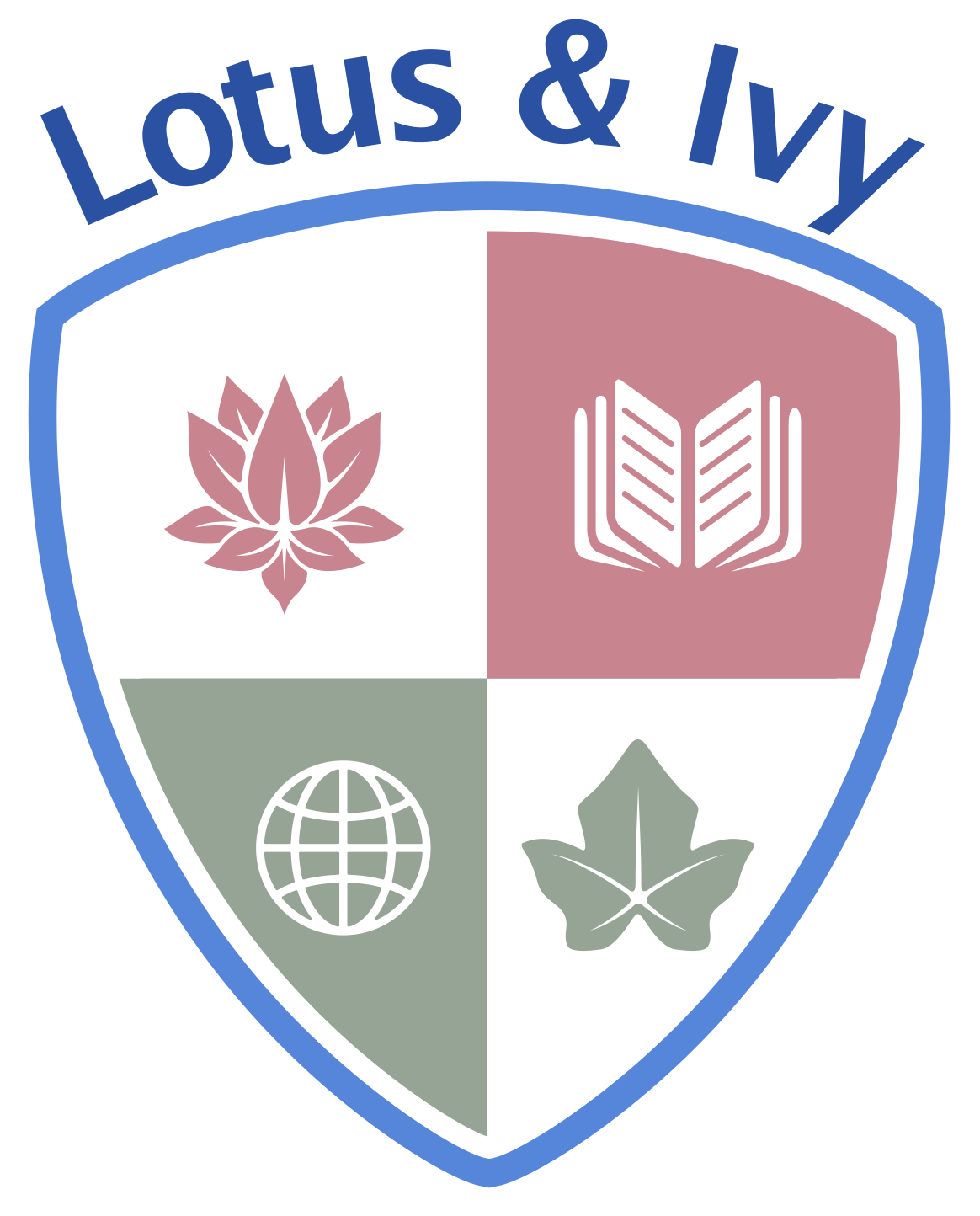Class 6 Language Arts
We recognize the need for focused language arts classes for middle school students and have 2 separate offerings for our Class 6 students.
Grammar, vocabulary, & Spelling
It is important to meet the Sixth Grader’s strong awakening of others and interest in the world through the overarching topics and themes through which our study of language arts streams. Topics from main lessons form the basis for discussions, reading and writing, after the basic skills have been established in the main lesson.
“In third, fourth, and fifth grade our attention, as regards the children's writing, will focus on what they are describing. Of course we expect them to follow the rules they have learned--a sentence begins with a capital letter--but it would be premature to be overly analytical about how they express themselves. In sixth, seventh and eighth grades, the content (the “what”) has to be sustained more and more by confidence in technique, in the “how”, so that the writers' palettes give rise to sentences and thoughts of growing complexity."
Dorit Winter, The Art and Science of Teaching Composition
Sixth Grade Language Arts Skills Practice ranges in topics such as reading and interpreting literature; and grammar, spelling and vocabulary in written and oral presentation.
We will touch on all of these concepts in blocks of study with daily warm up activities and breakout group work.
Writing & Literacy Studies
The practice of organization, editing and multiple drafts will encourage the students to deepen their understanding of the topic and grow in their written expression. Sixth graders are capable and social learners, yet also need access to their individual expression. The students will be asked (with Grown-up help) to complete and post in Google Classroom homework assignments weekly that will become an integral part in the next lesson for independent and group work.
Students in Class 6 language arts will practice the following reading and writing skills:
Writing a variety of business letters (including inquiry, complaints, directions, invitations, proposals and thank you)
Developing a 5-paragraph essay format with an introduction, clear topic sentences, supporting examples and a conclusion.
Scientific writing in describing physics experiments precisely and with detail.
Expanding their worldview through reading books in a variety of styles and lengths.
Imaginatively and dramatically retelling scenes from history
Memorizing poetry and texts

